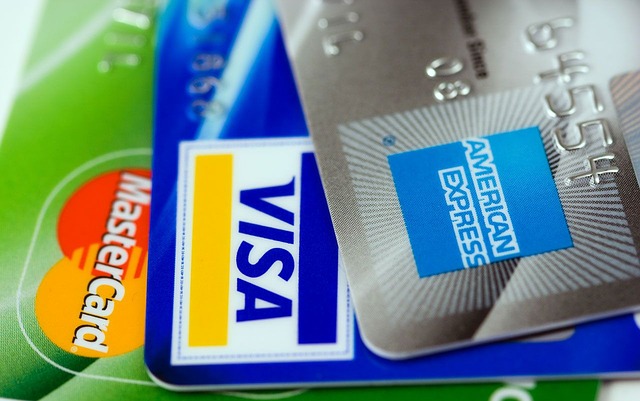
The All-New Renault Duster is Here
After a two-year absence from the South African market, the mighty Renault Duster is back...
 12 March 2025
12 March 2025 
Excess is a term that you often hear when wanting to rent a car. But what exactly is it? How does it work, and when are you charged car hire excess? If you’ve asked these questions, then keep reading.
When hiring a car, you take out insurance and a standard excess amount is frozen on your card. This excess amount is released when you return your rental car in the condition you picked it up in. If during your rental period the vehicle is stolen, involved in an accident, damaged, or destroyed in a fire, the car hire excess amount is paid to the insurance company before they cover the remaining amount of the damages. Excess covers a portion of the amount needed to repair or replace a vehicle. If you do not need to claim from insurance, then the excess amount is paid back into your credit account.

Above: car rental excess amount is ‘frozen’ on your credit card
When you rent a vehicle, insurance is compulsory. Depending on the type of insurance you opt for, a relative amount is added to your daily vehicle rental fee, granting you the insurance cover.
Your daily rental amount is therefore dependent on which cover you select.
If you damage a rental vehicle in any way or if the vehicle is stolen, then the excess amount that has been frozen for surety on the vehicle, will go directly to the insurance company to help them cover costs.
The excess amount you are liable for depends on the details of the insurance policy that comes with your car rental contract. This car hire excess amount is always made clear to you in the Drive South Africa booking process.
Above: if the vehicle is damaged, you will be held liable for the car hire excess amount
When renting a vehicle, there are three main types of insurance cover to choose from, although the level of protection varies from supplier to supplier. Below you’ll find a good example of how insurance cover, daily rate and the excess amount affect one another:
This cover option usually refers to the lowest rental total, with the highest insurance excess. When choosing this type of cover, often certain parts of the vehicle are not covered by the insurance option at all.
This cover refers to a higher rental total, but lower insurance excess than specified in standard cover.
This cover option usually refers to the highest rental total, with the lowest insurance excess. Sometimes the excess amount is even zero, depending on the vehicle and vehicle rental company.
| Type of insurance | Daily rental rate | Excess amount |
| Standard Cover Insurance Excess/Liability |
R 346.00 per day | R 7,000.00 |
| Executive Cover Insurance Excess/Liability |
R 381.00 per day | R 4,000.00 |
| Super Cover Insurance Excess/Liability |
R 401.00 per day | R 0 |
When it comes to payment of insurance excess, the excess amount is often merely ‘held’ or ‘frozen’ against the facility of your credit card. If a claim needs to be made from insurance, this frozen amount will be paid to the vehicle rental company.
Above: the signing of the car rental excess agreement
When you arrive at your vehicle pick-up location, you will be asked to present your identity document and credit card. At this point, the consultant will take your credit card details, explain the terms of the excess agreement to you and ask you to sign a document which states that you have accepted the fact that should you damage the vehicle in any way, or violate traffic laws which result in fines, the car rental company has your permission to use the excess amount held against your credit card to pay towards these costs. After you have signed the document, you’re presented with a set of keys for your vehicle, and bid a good journey.
If the vehicle is returned undamaged and no claim is made, then the car rental excess amount will be released back into your credit account within 7 days of returning the vehicle to the drop-off location.
Hopefully, our attempt at explaining car hire excess has helped you better understand the term. If not, why not give us a call? Our Drive South Africa consultants are more than happy to explain it to you over the phone: +27 21 423 6957.